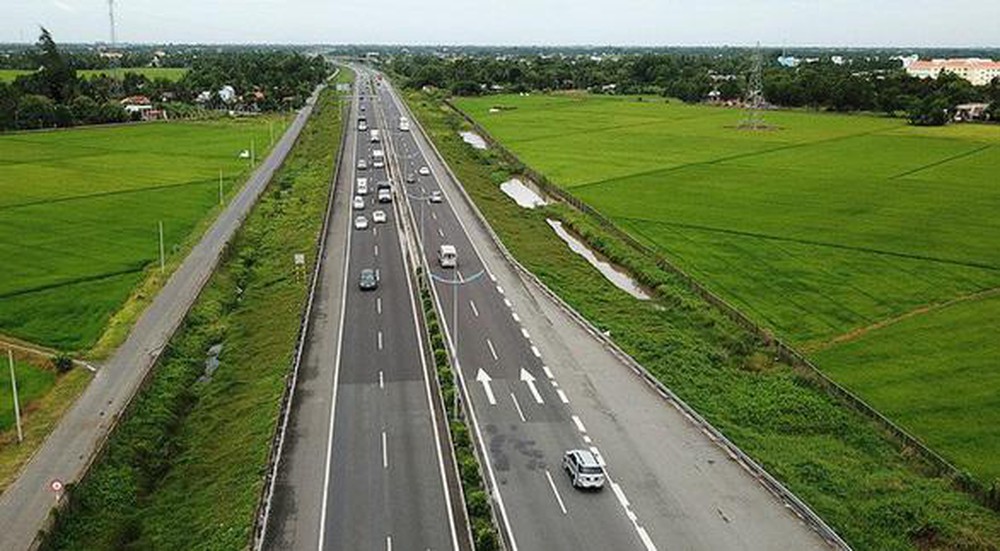With its theme is “Accelerating Vietnam’s Infrastructure Development for Sustainable Growth”, the two-day summit is focused on attracting foreign direct investment in the infrastructure and construction industry.
Attendants are discussing the infrastructure and construction industry landscape in detail, crucial networks, list of notable infrastructure projects, as well as the business and investment processes.
Infrastructure development is far below the country’s requirements, Tran Ngoc Chinh, Chairman of the Vietnam Urban Planning and Development Association, said at the opening ceremony.

Our country has numerous projects in the pipeline including roads, rail routes, public services infrastructure, ports, airports, and urban transportation.
Chinh said the summit is an interactive platform for foreign investors to understand Vietnam’s infrastructure planning and connect with potential partners to meet the rising infrastructure demand and narrow the infrastructure gap.
Major topics on the summit agenda include key economic priorities and foreign investment policies of Vietnam; business structure and financing; investment climate in Vietnam; infrastructure master plans and priority project briefings policy; regulatory and financing framework for infrastructure.
In addition, various business- and investment-matching meetings are planned between foreign investors and local firms.
According to experts, conventional funding sources like the State budget and official development assistance from bilateral and multilateral donors and government bonds can cover 50 percent of the cost of infrastructure projects. They noted that the remaining is expected to be sourced from the private sector.
The domestic capital market and foreign private investors are expected to step up and make a contribution to infrastructure investment and development through public-private partnership (PPP) format.
Meanwhile, Vietnamese Government is making efforts to get the foreign private sector to not only invest money but also bring specialised technical knowledge for these projects.
Existing regulatory reforms and equitisation of State-run enterprises encourage the private sector to maintain and increase their existing level of investment in infrastructure.


















